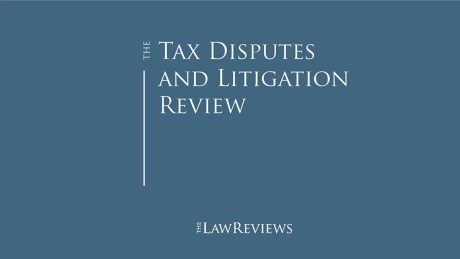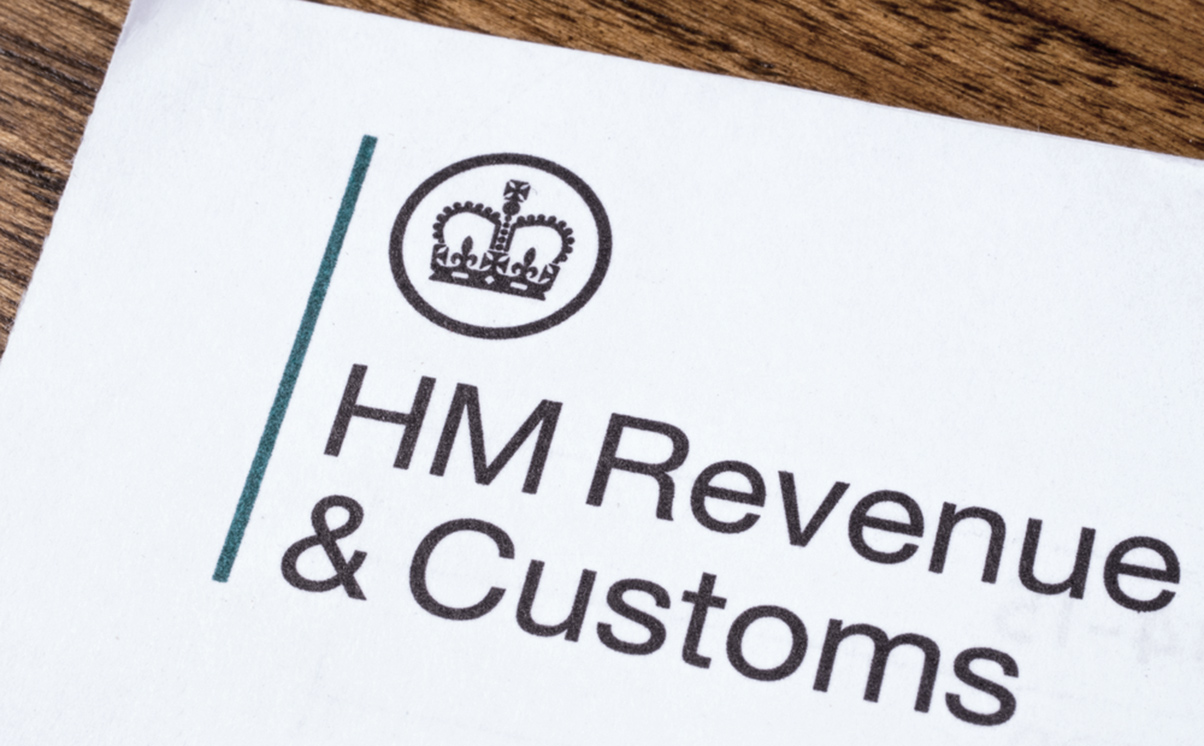Lee Ellis, Victor Cramer, David Pickstone and Cristiana Bulbuc have drafted the United Kingdom chapter of the Ninth Edition of the Tax Disputes and Litigation Review, recently published by The Law Reviews. The book gives information on tax disputes across 22 jurisdictions.
The purpose of the book is to provide insight into the issues that give rise to tax disputes in different jurisdictions, the procedures for resolving those disputes, and the powers and approach of local tax authorities. It is hoped that it will provide valuable insight into the process, timescale and cost of resolving complex difficulties when they arise across more than one jurisdiction.
The UK chapter covers the following topics:
- Commencing disputes
- Courts and tribunals
- Penalties and remedies
- Tax claims
- Costs
- Alternative dispute resolution
- Anti-avoidance
- Double taxation treaties
- Areas of focus
- Outlook and conclusions
Introduction to the UK chapter
The primary mechanism for resolving disputes with Her Majesty’s Revenue & Customs (HMRC), the UK’s tax authority, is via appeals to the Tax Tribunal, which has both a lower and upper chamber. The Tax Tribunal system was created by the Tribunals Courts and Enforcement Act 2007 (TCEA), with a view to unifying systems which had historically differed across areas of tax and customs. The Tax Tribunal’s jurisdiction to hear disputes arises from statutes; it does not have a general jurisdiction to hear all tax disputes. The effect of this is that some tax disputes will fall to the UK courts (typically the High Court) for resolution (see below).
In recent years, Parliament has sought to limit situations where a taxpayer can seek recovery of overpaid taxes outside the Tax Tribunals, under the common law. However, there remain some circumstances where it may be possible to bring a claim under the common law against HMRC in the High Court. This has arisen most frequently in two scenarios. First, where the taxpayer seeks to invoke public law rights (i.e., claims against HMRC on grounds that they have acted unfairly, irrationally or in breach of the law or procedural rules). These claims are brought by way of judicial review, and while they can be heard by the Tax Tribunal, most such claims are still initiated in the High Court. Second, where a taxpayer claims a breach of rights and they either do not have a right of appeal to the Tax Tribunal or that their right of appeal is limited such that it cannot give rise to an effective remedy. This has arisen historically in cases where the taxpayer claims a breach of EU law. Parliament has legislated several times to restrict claims of this nature, so they are now more rare.
Tax disputes with HMRC now follow the same tax tribunal procedure. However there are still some important differences between direct taxes and indirect taxes in terms of commencing a dispute.
In addition, (as noted above) some decisions of HMRC cannot be appealed, and can only be challenged on public law grounds via an application for judicial review (which include fairness, procedural impropriety or unreasonableness). In most cases, challenges on the grounds of public or administrative law in the UK require a claim for judicial review in the High Court.
Although TCEA could arguably have gone further to create a properly unified dispute resolution system, it created a robust and usually efficient Tax Tribunal. Judges are fair and capable and the rules are balanced and reasonably straightforward.
HMRC has also begun to embrace alternative methods of dispute resolution. In 2012, HMRC published its litigation and settlement strategy (LSS) and guidance on the use of alternative dispute resolution (ADR) in large and complex cases.2 The LSS established a framework within which HMRC was required to manage disputes and to consider the use of ADR mechanisms. More recently, the Tax Tribunal has issued general guidance on the use of ADR in tax disputes, which has caused HMRC to extend their own position. There is therefore likely to be an increased use of ADR in tax disputes in the future.
Finally, it is also possible for HMRC to offer, or for a taxpayer to seek, an independent review of a decision prior to any appeal to the Tax Tribunal. A review, while not compulsory, is conducted by an HMRC officer who has had no previous involvement in relation to the relevant matter. A review officer can uphold, vary or cancel the original decision of HMRC. Subject to the outcome of the review it is then open to appeal to the Tax Tribunal.
The full UK chapter of the Tax Disputes and Litigation Review Ninth Edition, can be accessed here.
The Tax Disputes and Litigation Review Ninth Edition, can be accessed in full here.
Reproduced with permission from Law Business Research Ltd
This article was first published in March 2021
For further information please contact Nick Barette
© 2021
You can find further information regarding our expertise, experience and team on our Tax Litigation and Resolution pages.
If you require assistance from our team, please contact us or request a call back from one of our lawyers by submitting this form.
Subscribe – In order to receive our news straight to your inbox, subscribe here. Our newsletters are sent no more than once a month.






